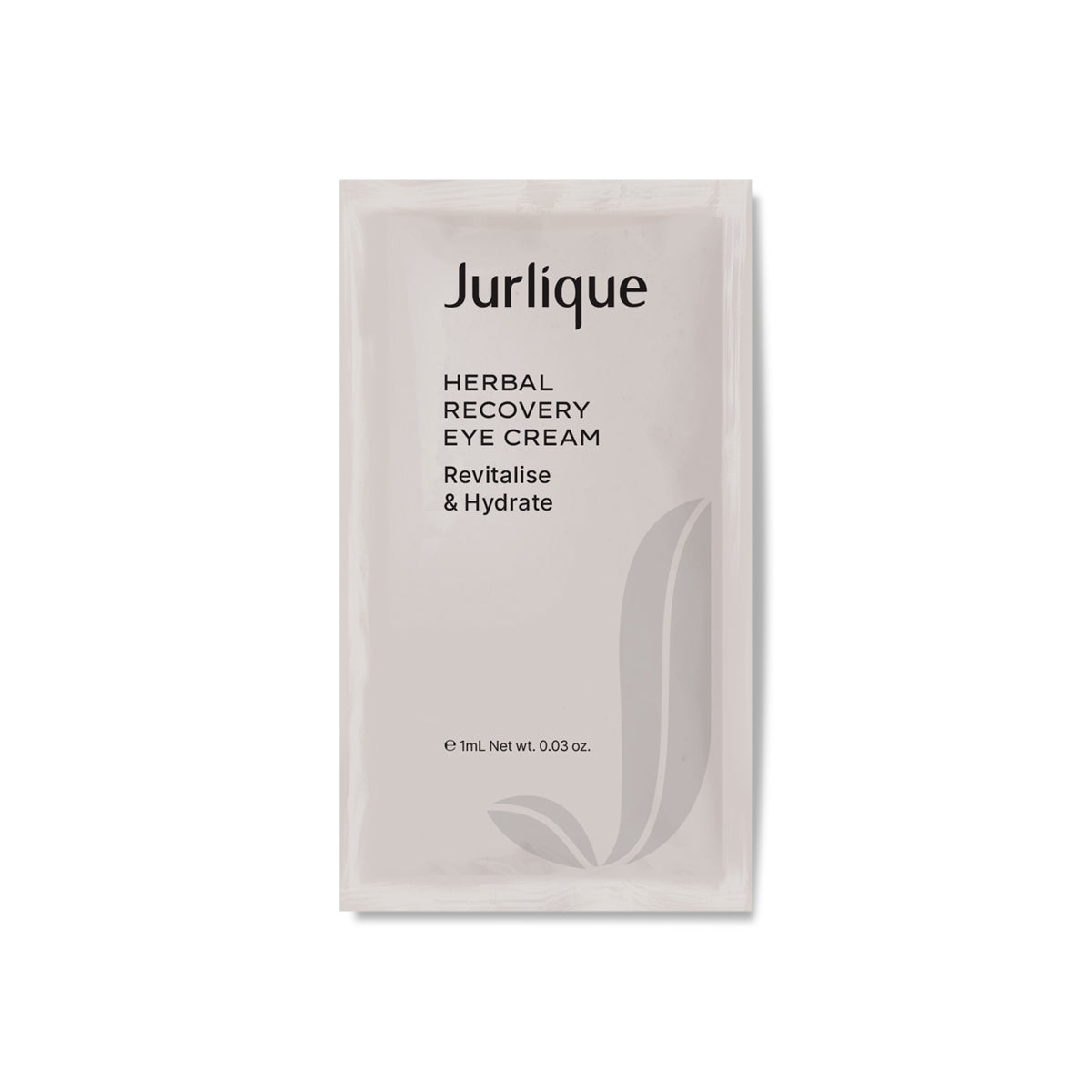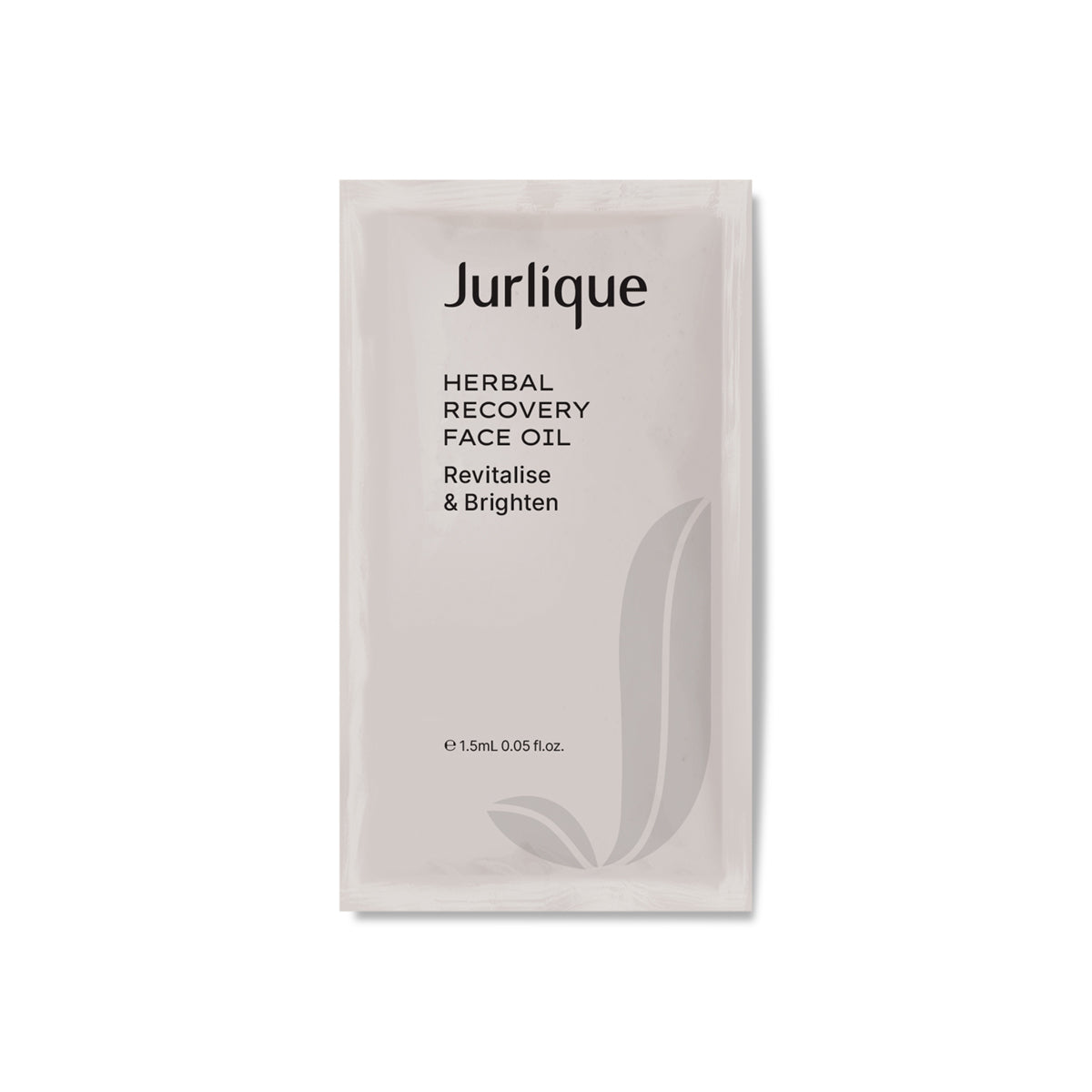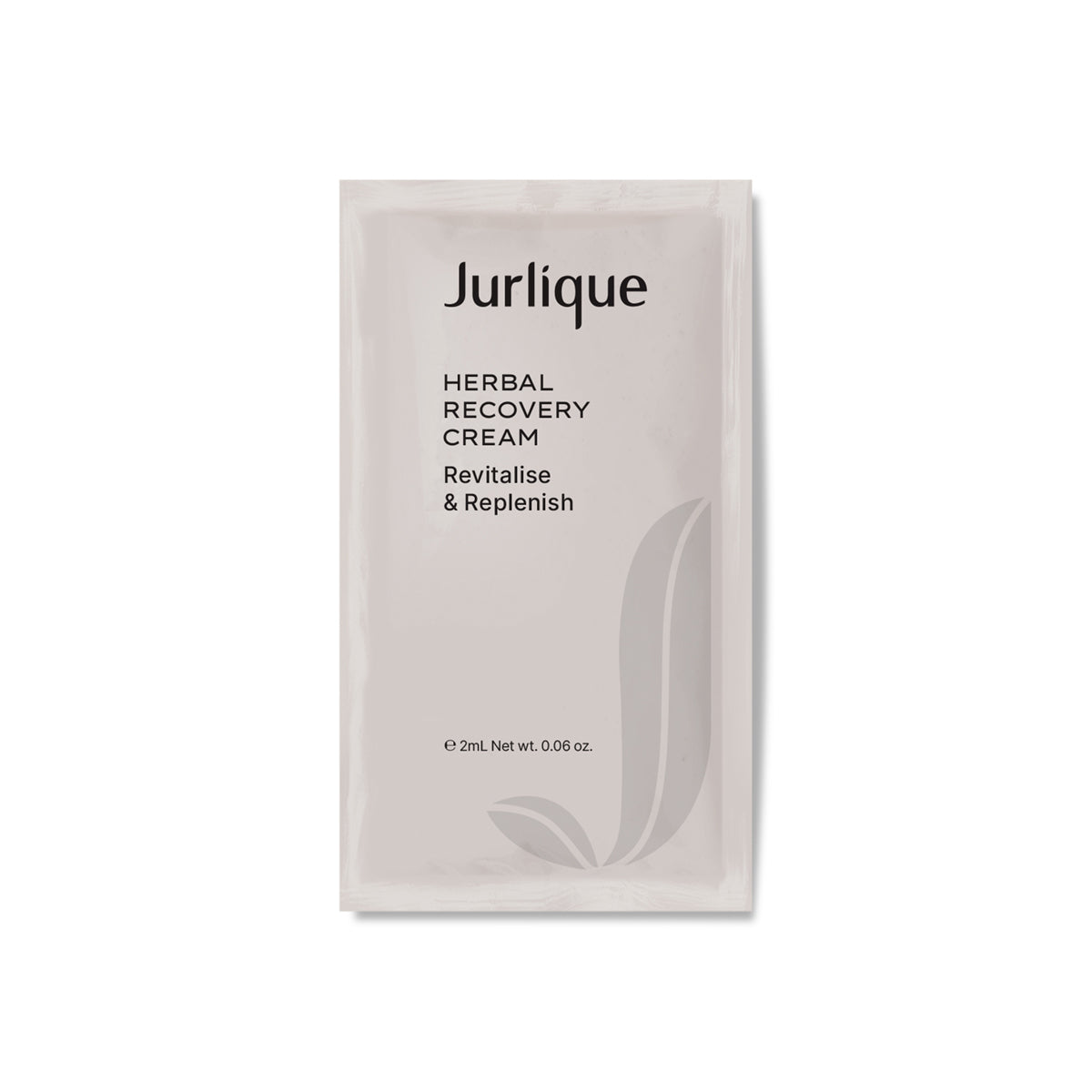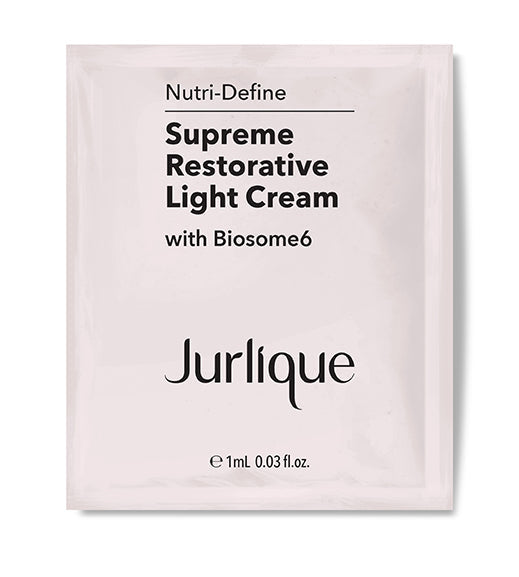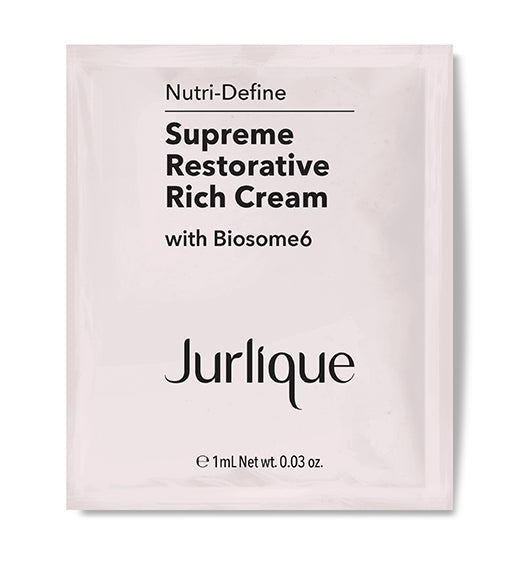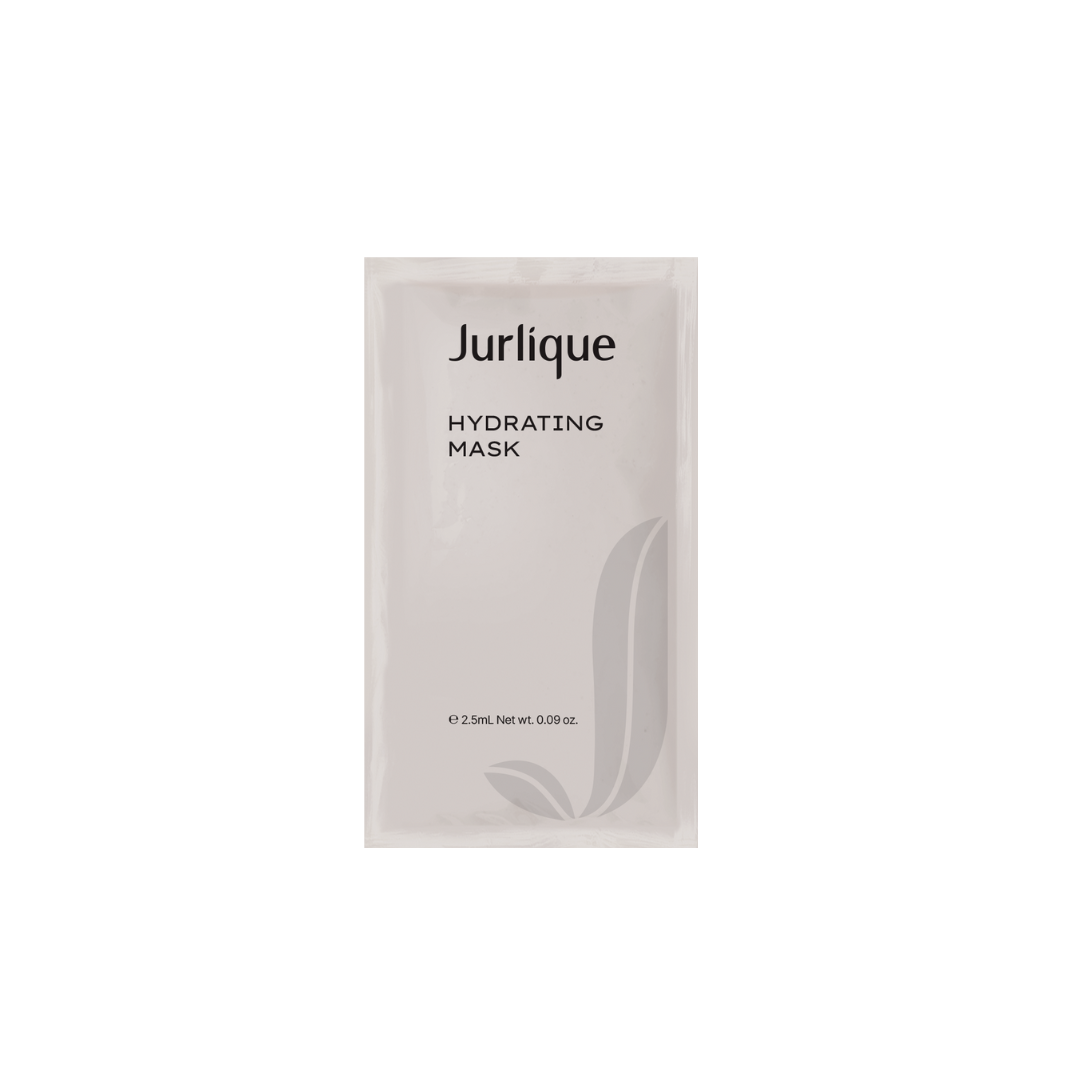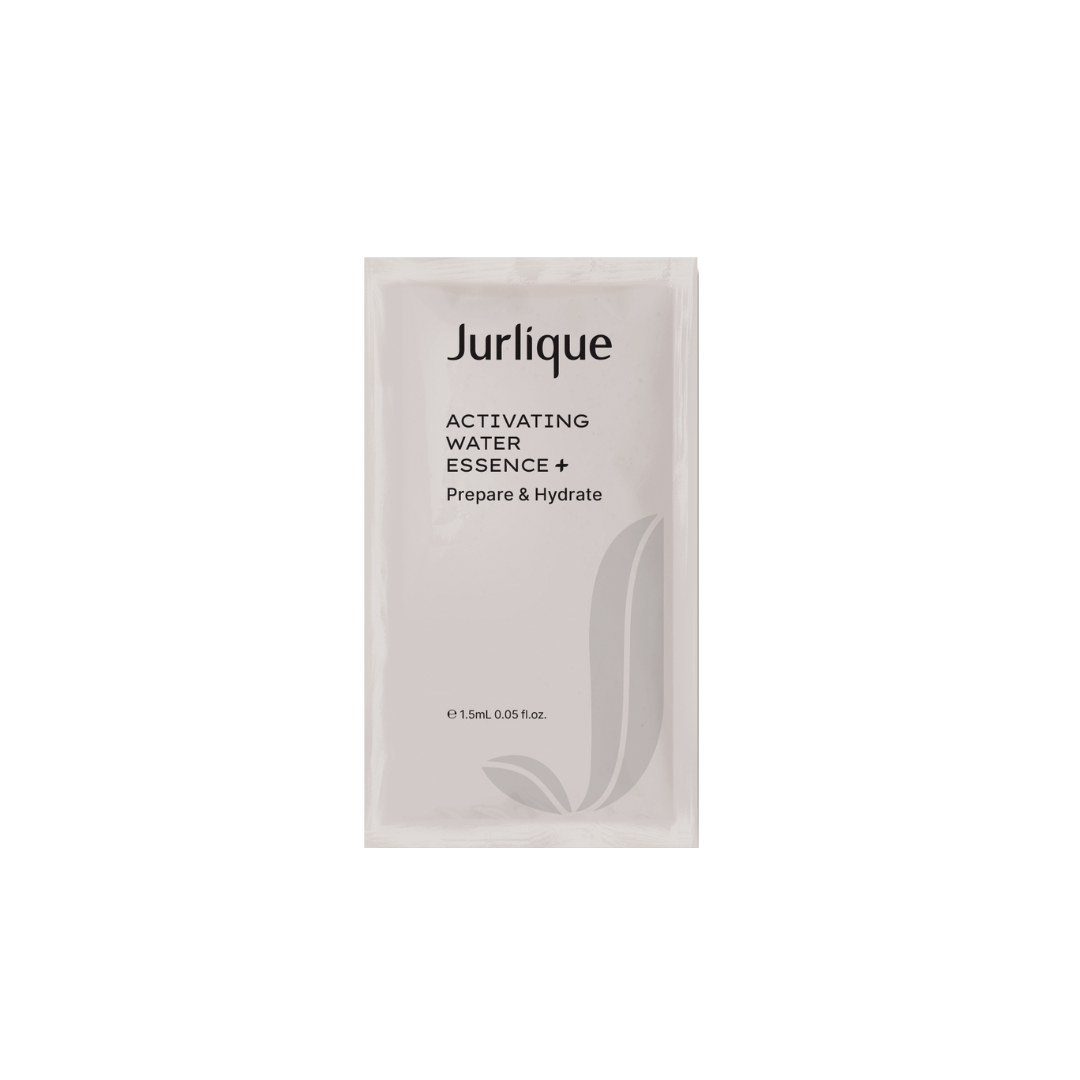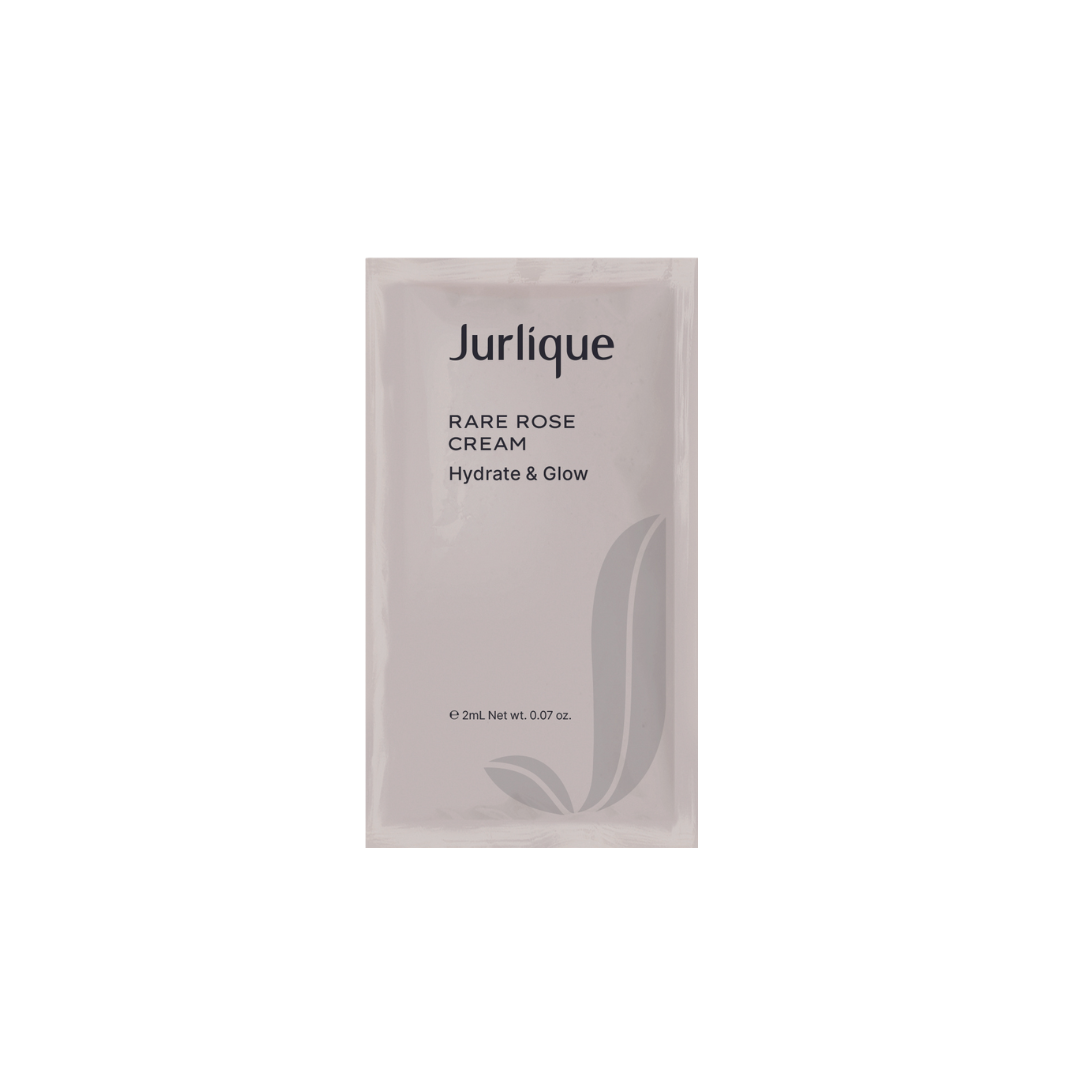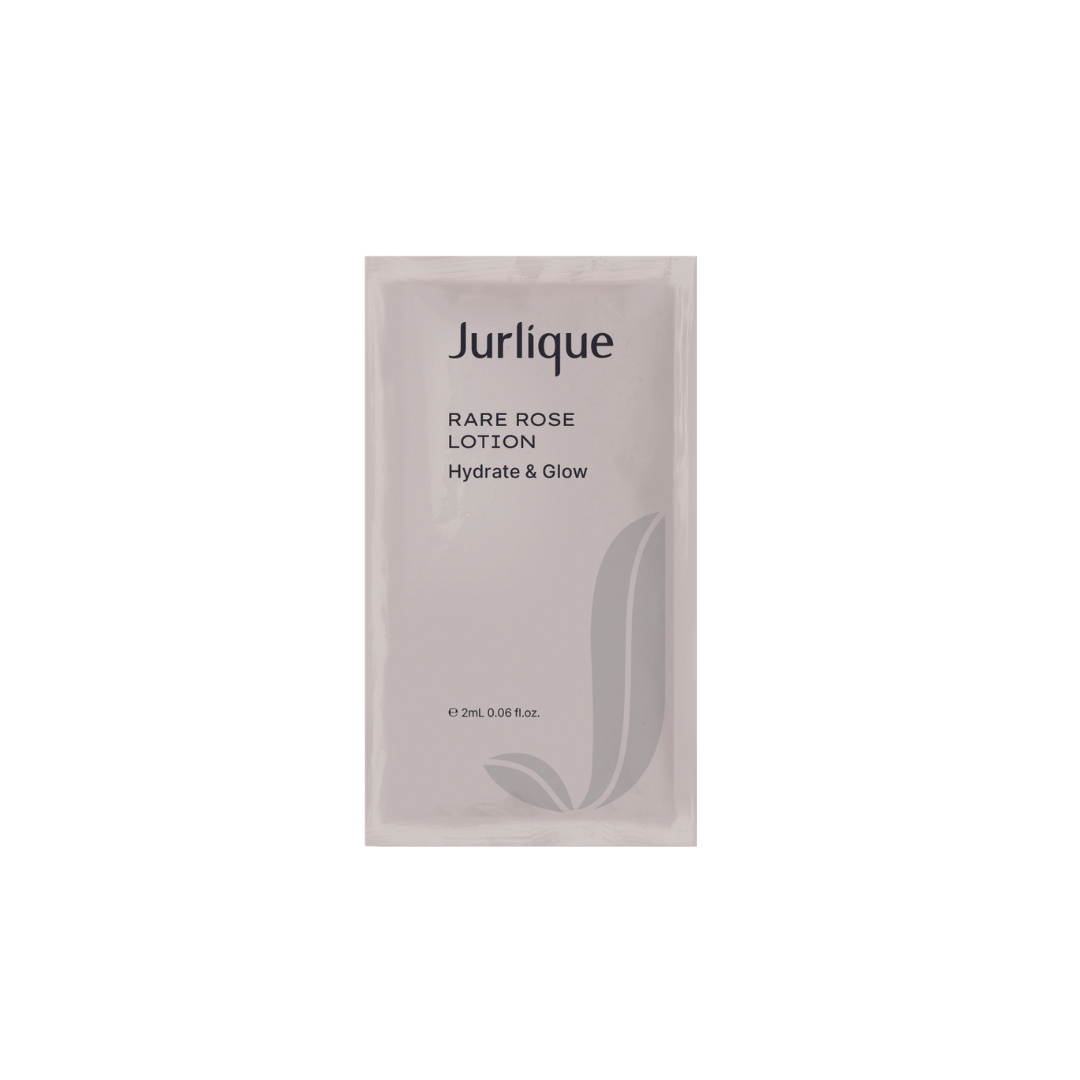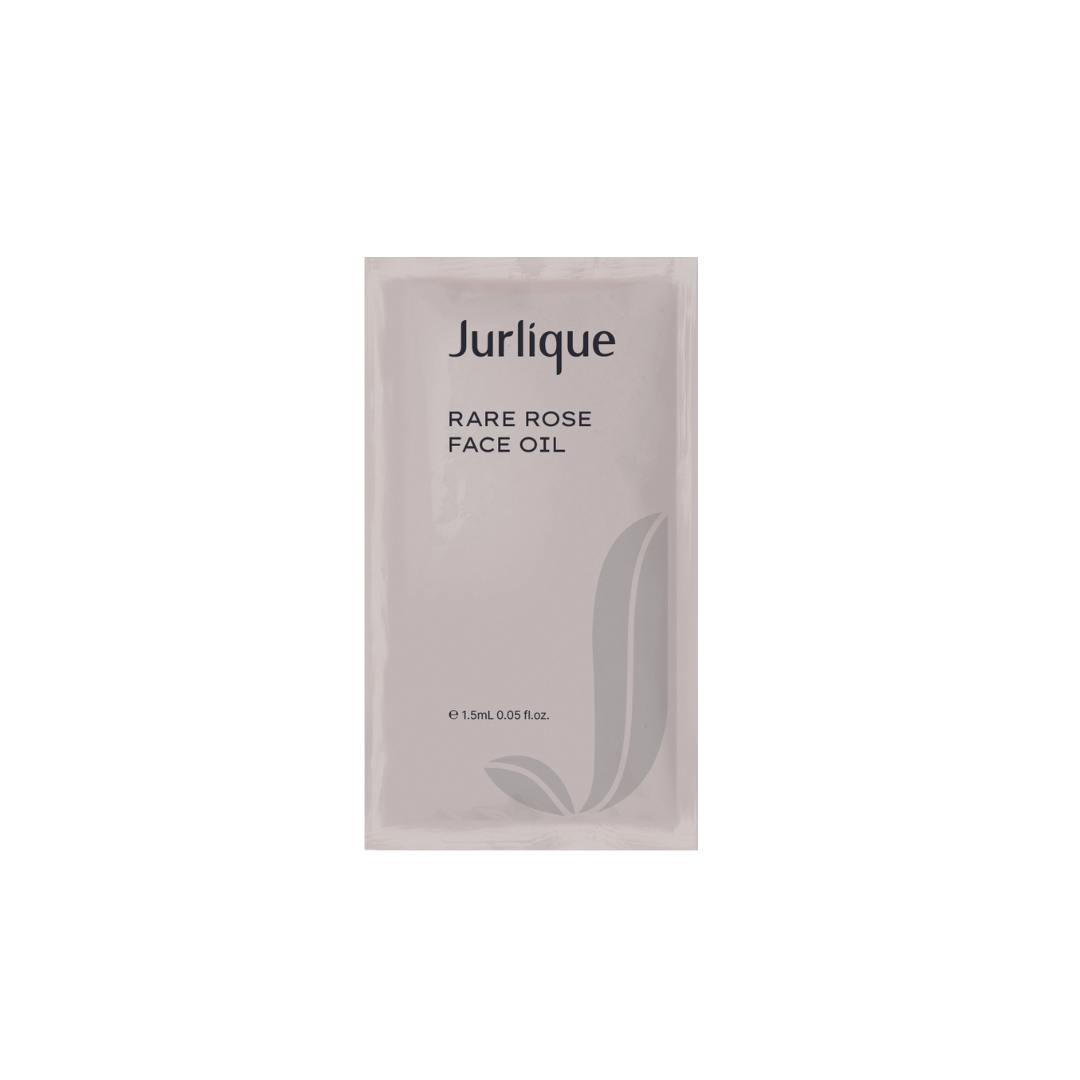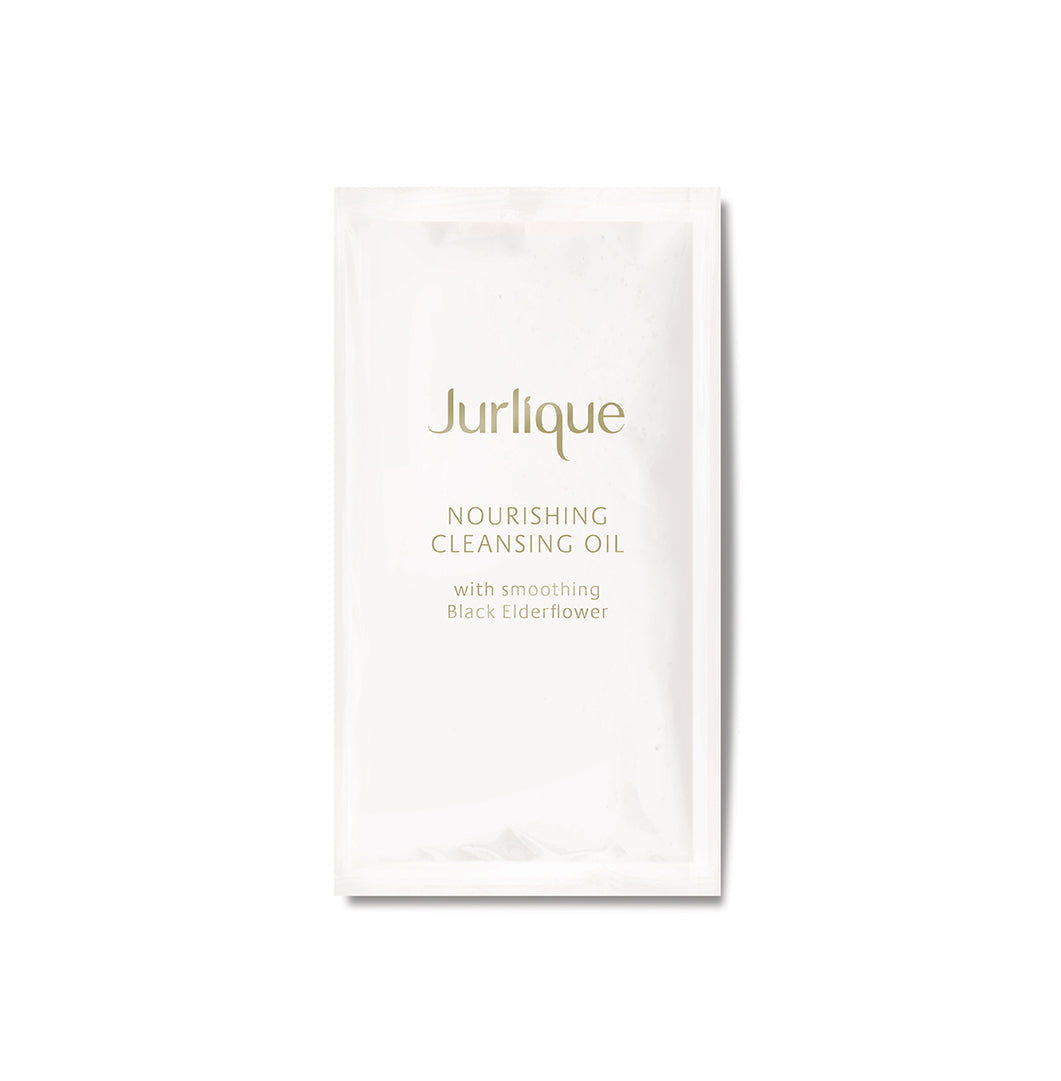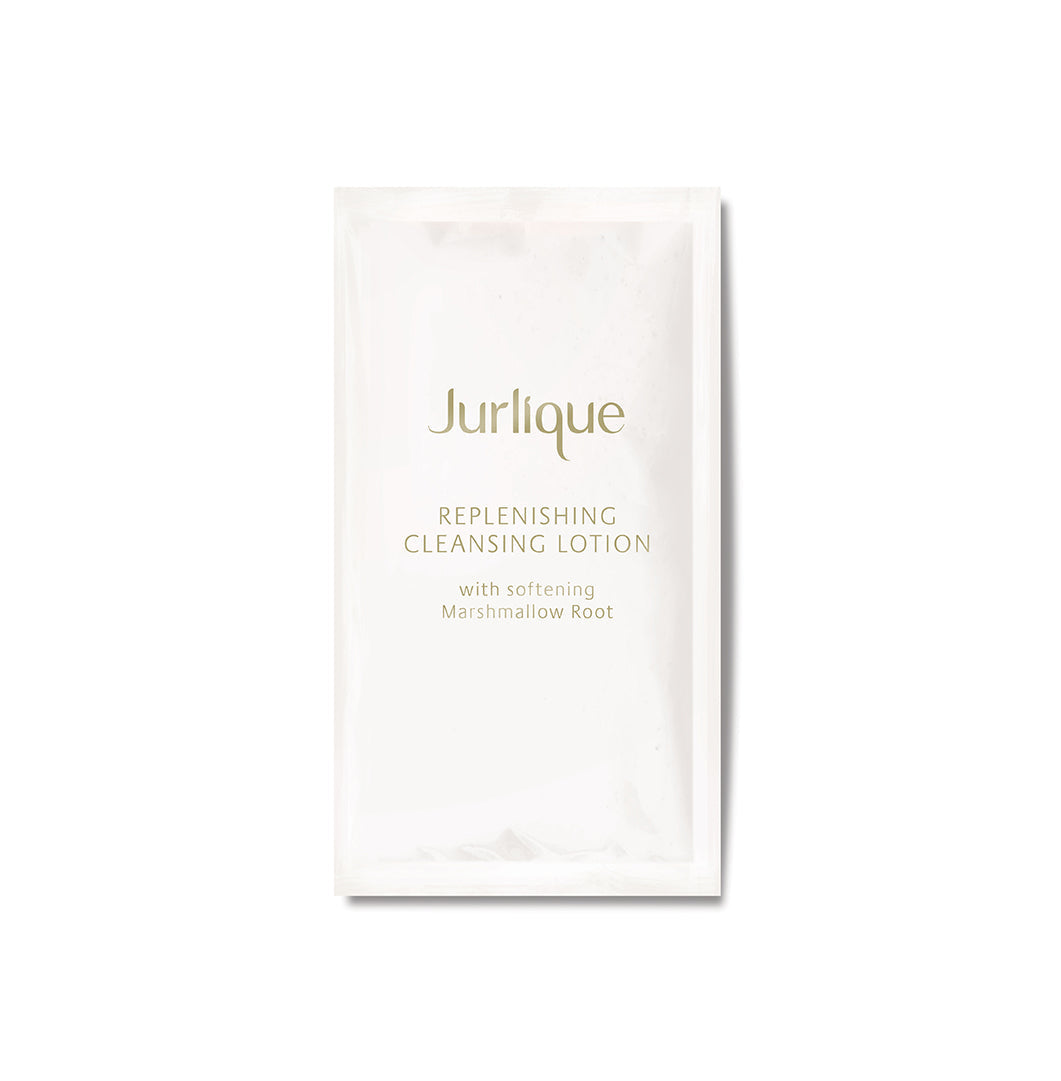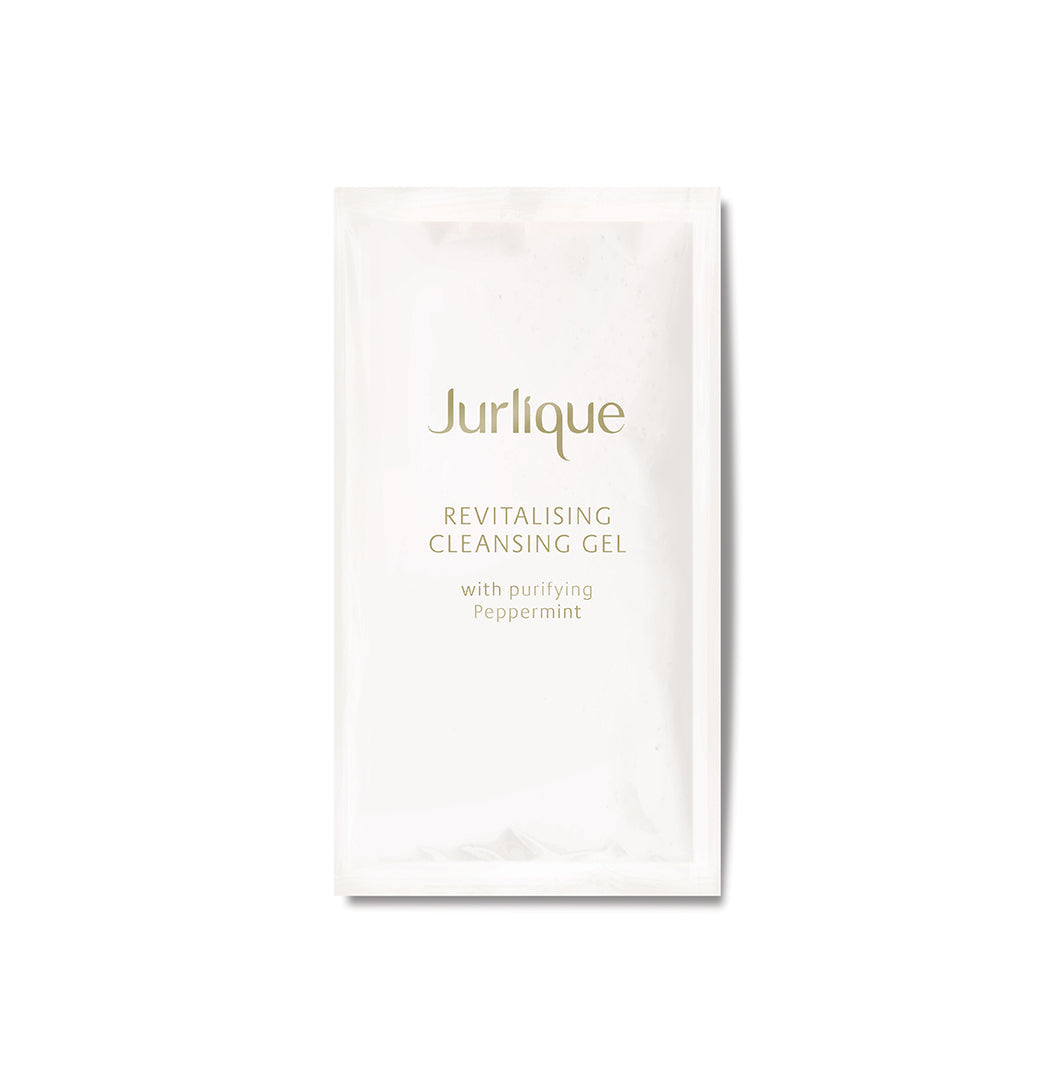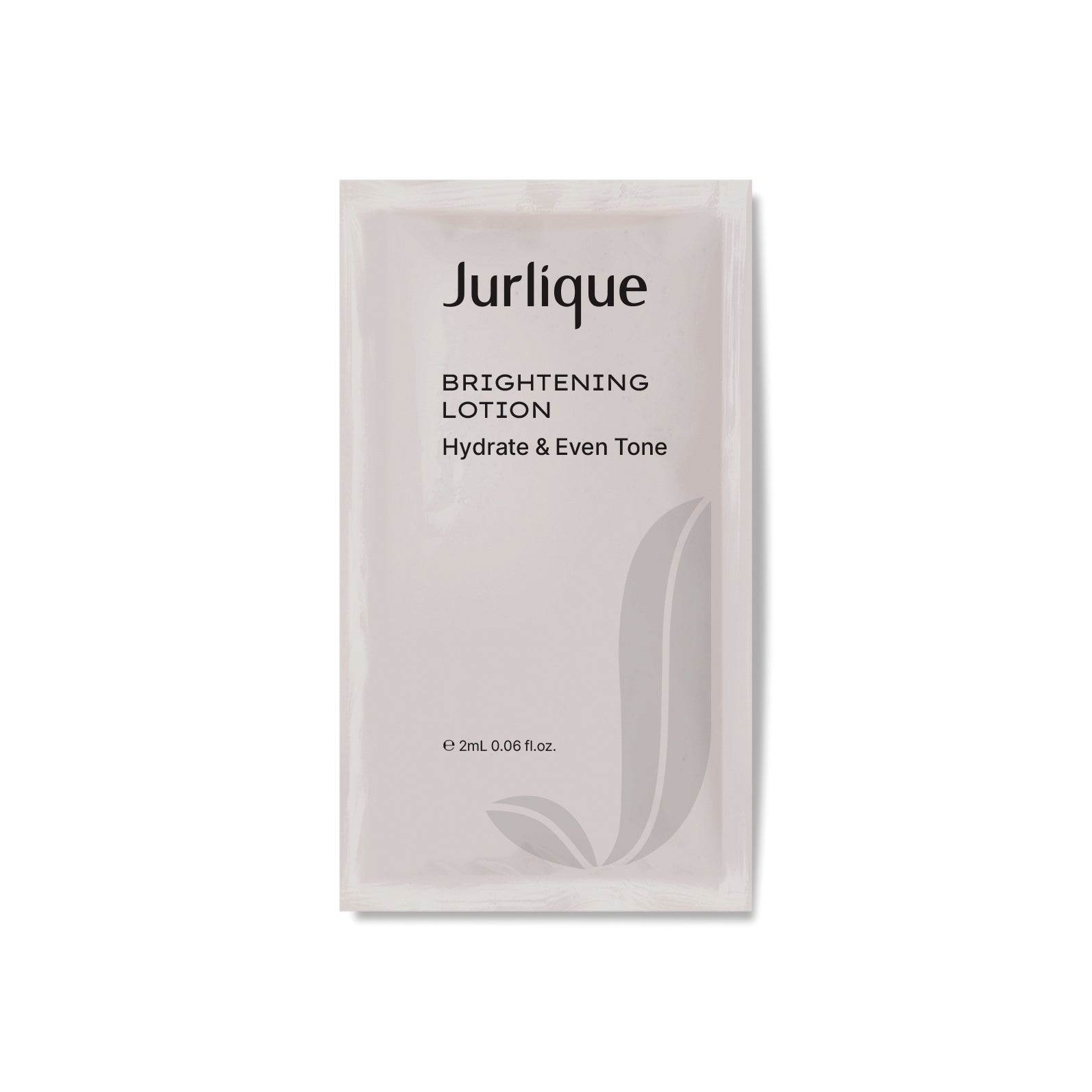Ethical Award




How natural?
The problem is that the health and beauty industry is a maze when it comes to navigating the truth, especially for the average consumer who may not have the time to pick at all the fine details. The deeper point is that if not all chemicals are “bad”, discerning the “good” from the “bad” is not always an easy task. Even scientists with degrees in botanical chemical science, let alone biology and chemistry, will frequently say that it is wise to be careful when it comes to what you put on your skin. The truth is that the skincare industry is poorly regulated, both in Europe and North America. In a 2005 article in Scientific American, concern was raised about “regulation after the fact”. The same concern seems to still be largely prevalent today.
The honest answer to concerns about which synthetic chemicals are safe and which are not is that right now our best scientific knowledge is still cloudy. There isn’t enough scientific evidence to completely understand the long-term effects of certain synthetic chemical ingredients in our skincare products. Having said that, a list of commonly used chemical ingredient have been found to be a health risk, which recent research has described as the “ dirty dozen”.
What’s the problem?
Ethical Beauty – Animal testing
Since 2013, personal care products tested on animals can no longer be sold in Europe – even if the testing was done outside Europe. However, that doesn’t mean that companies selling their products in Europe do not continue to test products (or ingredients) on animals outside Europe and continue to sell them in other markets. This means that companies can still profit from cruelty to animals, just not in Europe.
The only way to be completely sure you aren’t indirectly supporting animal tests is to purchase products from companies that don’t do any animal testing – look for Cruelty-Free International’s Leaping Bunny symbol, which guarantees that the company in question does not test on animals anywhere in the world. PETA also has a searchable database of companies that do and do not test their products on animals.
Packaging
A particular problem with moisturisers is the amount of packaging they create. Most brands use plastic packaging, which is most likely to end up in landfill, with only a small amount being recycled or incinerated. Some brands such as L’Occitane, Weleda and Neal’s Yard use glass and aluminum, which can be easily recycled to package some of their ethical skincare products.




